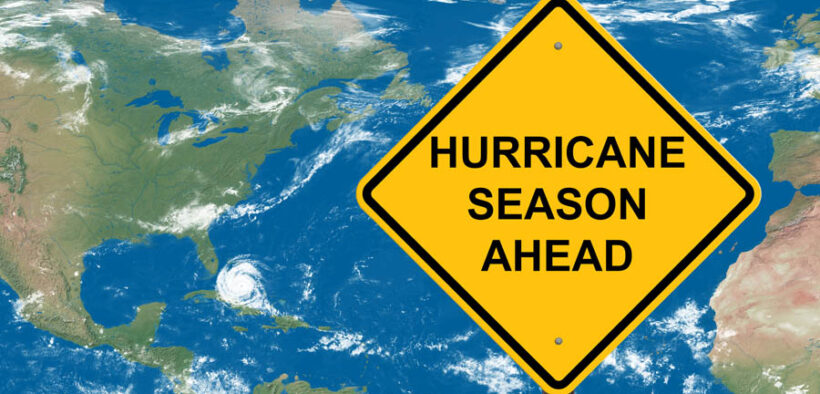Hurricane season 2025: Is your crisis communication strategy ready?

Every June, with the start of hurricane season, comes the renewed urgency to prepare for potential emergencies. Beyond storing water, securing generators, or reviewing insurance policies, organizations must have an equally vital resource: a crisis communication preparedness plan.
After recent experiences with intense hurricanes, this type of plan is no longer optional. Communicating clearly and swiftly during times of uncertainty can make the difference between maintaining or losing the trust of customers, employees, suppliers and strategic partners. A poorly managed crisis can escalate within seconds on social media, affecting reputation, operations, and even regulatory compliance.
An effective communications plan should include clear protocols, designated spokespersons, established communication channels, and potential risk scenarios — from logistical interruptions to impacts on nearby communities. It is also advisable to:
- Have pre-approved messages for different audiences.
- Train the team in media handling and social media use.
- Establish partnerships with local and community media.
- Integrate alerts and digital tools to facilitate rapid response.
- Practice communication drills, just like operational ones.
Having a licensed public relations professional with crisis management experience can make a big difference. Their guidance enables you to design a plan tailored to your business, coordinate messages with sensitivity and strengthen your organization’s credibility before, during and after an emergency.
We can’t control hurricanes, but we can control our response. Preparedness is also measured by the ability to communicate with strategy, empathy and leadership in the most challenging moments.

Author Karen Garnik, APR, Fellow PRSA, is president of Global Vision Marketing & Communications. She is an accredited public relations professional and a Fellow of the Public Relations Society of America.





There isn’t any such thing as a “licensed” public relations professional.
I am happy to clarify your statement. In Latin America and Africa, there are licensing Requirements for Public Relations Professionals.
Puerto Rico is one of several countries that require public relations (PR) professionals to obtain a license to practice legally. This mandate was established under Act No. 204 of August 8, 2008, which created the Regulatory Board of Public Relations of Puerto Rico. Operating under the Department of State, the Board oversees the licensure process and ensures compliance with professional and ethical standards. Licenses must be renewed every four years, and we, as public relations professionals are required to complete 30 hours of continuing education within each renewal period to stay updated with industry developments.
Other countries with similar regulations include:
Peru: The Colegio de Relacionistas Públicos del Perú requires practitioners to hold an active license renewable upon compliance of continuing education parameters. The law protects the professional title, and unauthorized practice may result in legal penalties.
Nigeria: The Nigerian Institute of Public Relations (NIPR), established under Act No. 16 of 1990, serves as the regulatory body of said profession. It is illegal to practice PR in Nigeria without NIPR membership.
Panama: Under Law 37 of 1980, public relations is a regulated profession reserved exclusively for Panamanian nationals. Foreigners, regardless of qualifications or residency, are prohibited from practicing PR in the country—even with a valid work permit.
Brazil: Public relations is a legally recognized profession in Brazil, and regulated in some regions. Although licensing is not uniformly enforced nationwide, formal employment typically requires a degree in Public Relations and registration with CONFERP (Federal Council of Public Relations Professionals).